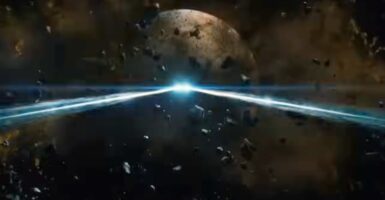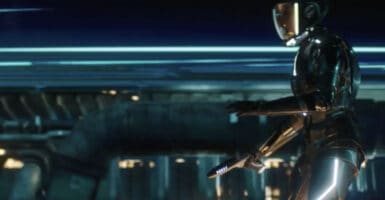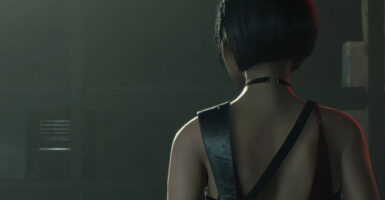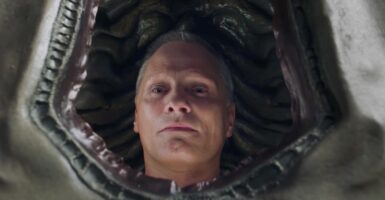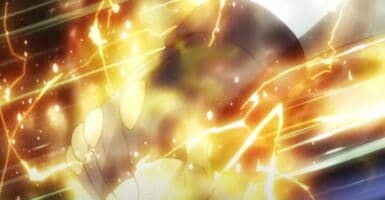The Many Saints Of Newark Is A Disgrace To The Sopranos
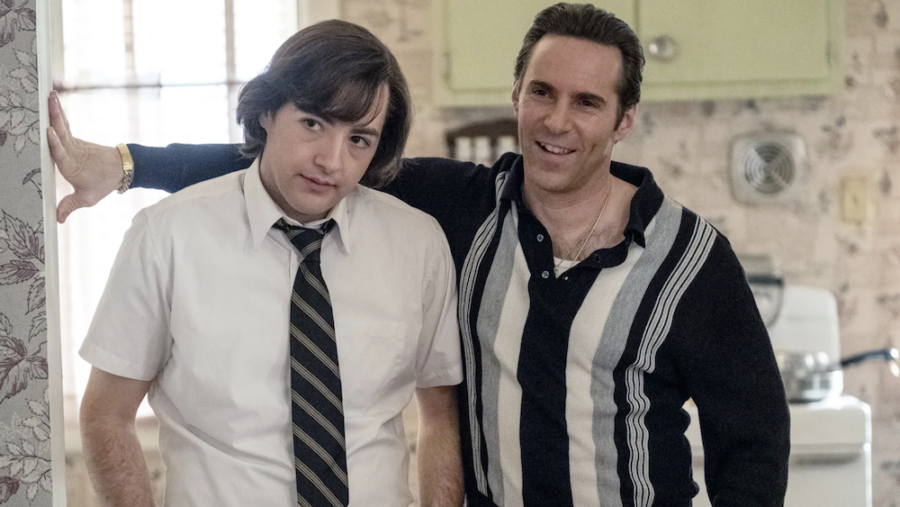
We all fondly remember and even idolize The Sopranos, which enjoys unrivaled status as the show that put the “prestige’ in “prestige TV.” Given its excellent blend of dark, complex narratives, nuanced character studies, and mob-movie genre goodness, the series’ prequel feature-length project, The Many Saints of Newark, should have won hearts and minds, too.
Instead, the film faltered largely on the same ground—the writing—that elevated The Sopranos to such a high statue in the first place.
A Disjointed Mess
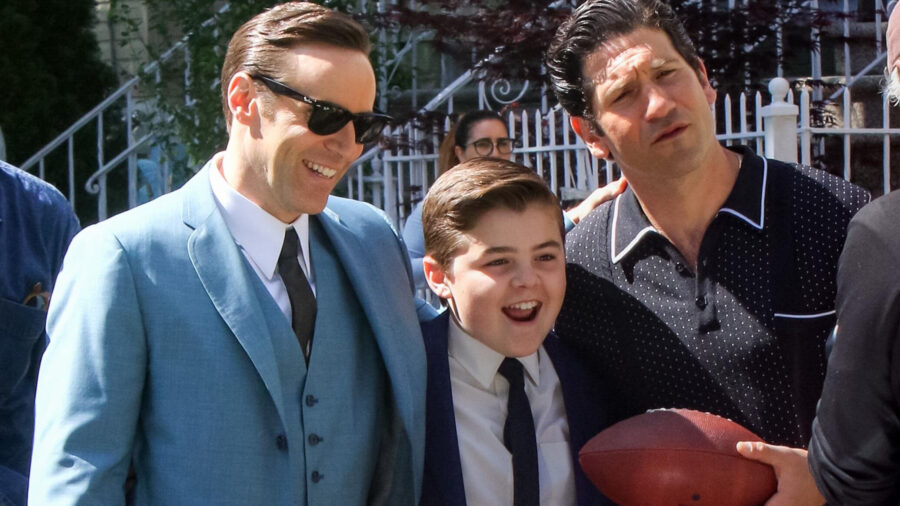
Sure, the screenplay evidenced infrequent moments of earned brilliance harkening back to The Sopranos at its best. One immediate example would be the film’s title, a tongue-in-cheek literal translation of the main character’s Italian last name (Multisanti).
But all too often, Newark amounted to a disjointed mess, neither fully honoring its source material nor, crucially, standing independently as a compelling narrative.
Too Many Themes
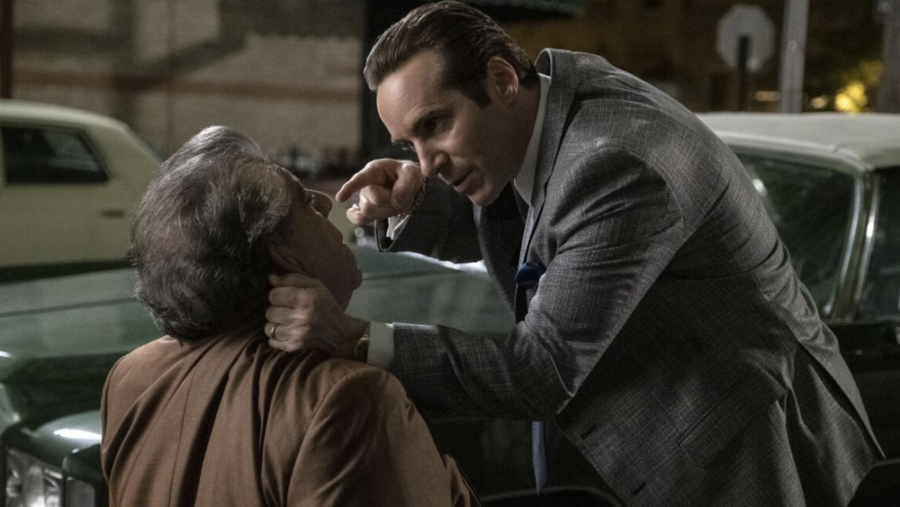
Maybe the movie bit off a bigger chunk of subject matter than it could chew.
Because it’s a period piece of sorts, set in Newark in the late ’60s and early ’70s, it aims to tackle weighty themes. Race relations, for one, and related urban violence characterized the tumultuous era.
However, despite these noble intentions, the film exemplifies all too well the phenomenon of ambition exceeding execution. From the first few minutes, the movie stumbles in a near-constant struggle to find its footing, oscillating between gaffes ranging from exasperating to ludicrous.
Crude Characterizations
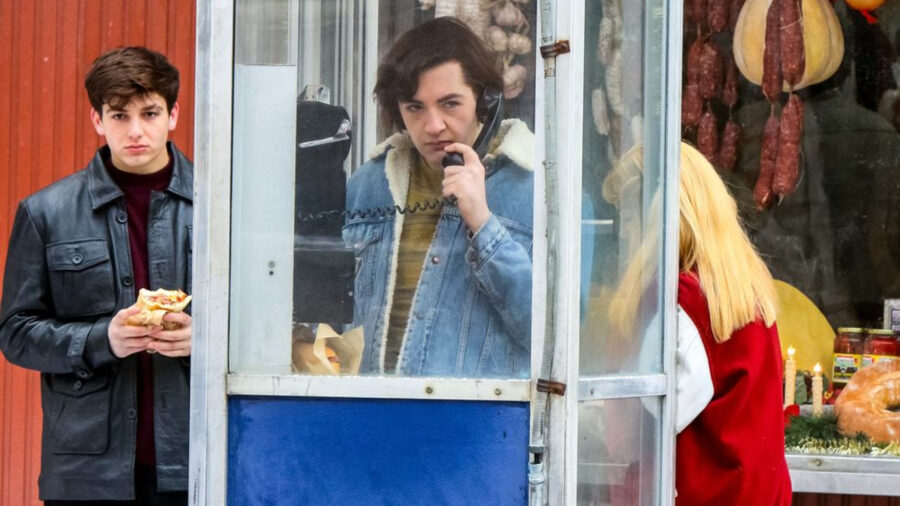
One of the main issues with The Many Saints of Newark boils down to crude characterizations of iconic figures.
The general idea—so easy to ham up, which is, unfortunately, what happens—is to depict our favorite Sopranos characters when they’re young. That includes Tony Soprano (played ably by Michael Gandolfini, the late, great James Gandolfini’s son) as a kid, Junior Soprano as a youngish man.
The biggest gambit in this strategy is centering the narrative around Dickie Multisanti, Christopher Multisanti’s off-screen father from the OG series.
Not A Standalone Narrative
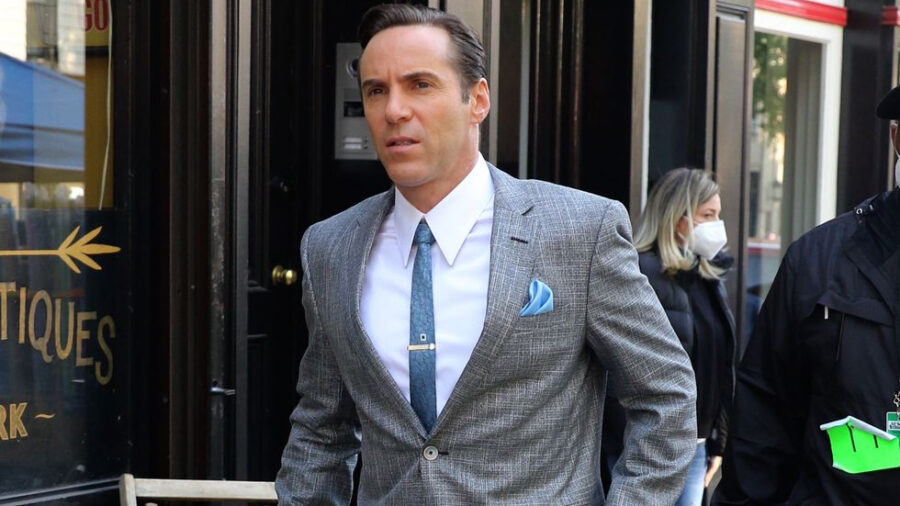
But this Young Sheldon approach to The Many Saints of Newark slips on its own banana peel of, effectively caricaturing the characters previously, richly realized in The Sopranos.
Yes, Junior’s perpetual grievances, Silvio’s secretively bald head, Pauli’s vanity—they’re all on display. But each feels like a silly callback, a one-off for the fans at home. And the new viewer, Young Mobster easter-eggs land as either non-sensical, aimless, or both.
Perhaps even more glaringly, the film’s choppy, collage-style approach to storytelling detracts from its coherence as a standalone narrative. Mired in unfocused plot lines, meandering through various arcs without properly developing them, the project confounds itself.
Tony Soprano In The Background?
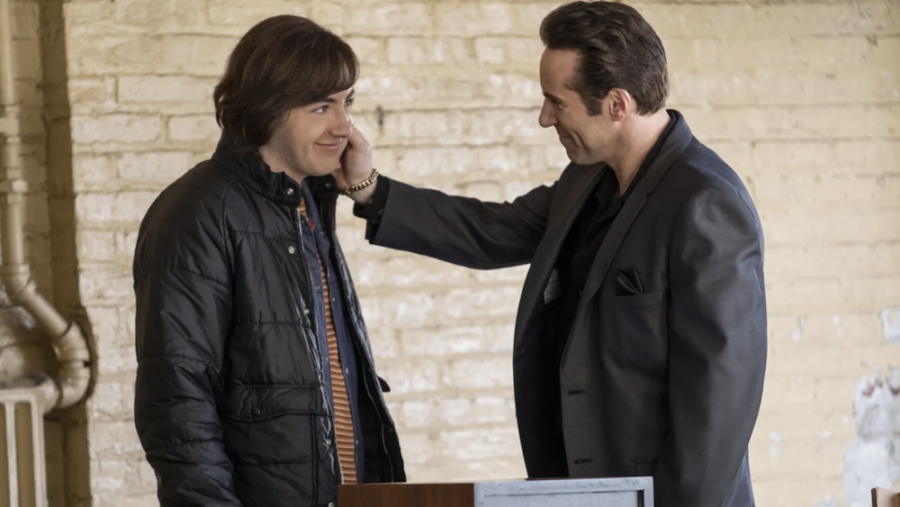
Ultimately, the incoherence prevents the film from standing on its own and serving as a meaningful addition to the Sopranos universe: a true shame.
Character development is also a significant source of instability for The Many Saints of Newark.
Generally, the film functions as an origin story for young Tony. While he’s not the main character, he’s still of significant importance. Yet the screenplay relates him to the periphery—to a problematic degree.
Dickie Moltisanti’s Issues
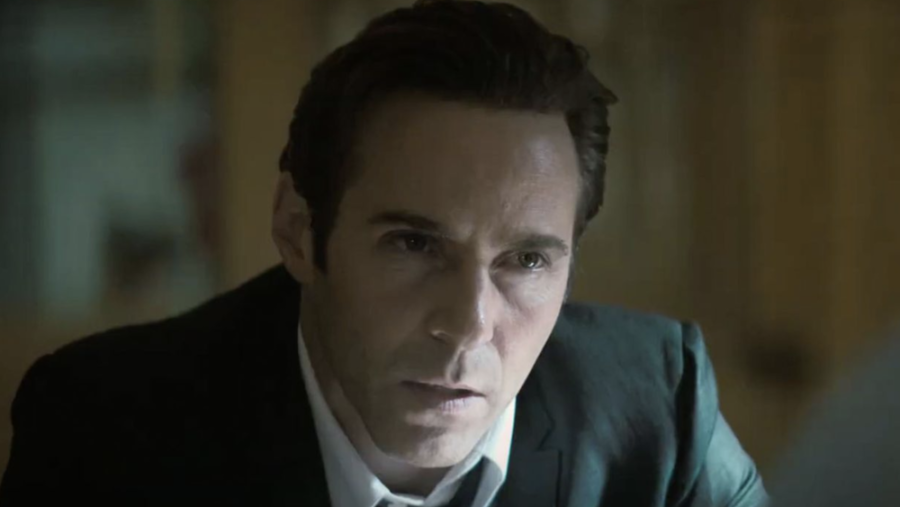
And the film’s hero, Dickie Moltisanti, never embodies the complexity the film seems to want so much for him, a complexity we all readily associate with (adult) Tony Soprano.
Dickie’s phoned-in Oedipal Complex-driven conflict with his father—a love triangle revolving around Papa Multisanti, dad’s new Italian bride, and Dickie—seems in a hurry, racing to accomplish a significant plot point (no spoilers) by an awkwardly early phase in The Many Saints of Newark.
This, and many more setbacks, amount to one big, painful missed opportunity.
The Sopranos universe and its fans deserved better.

